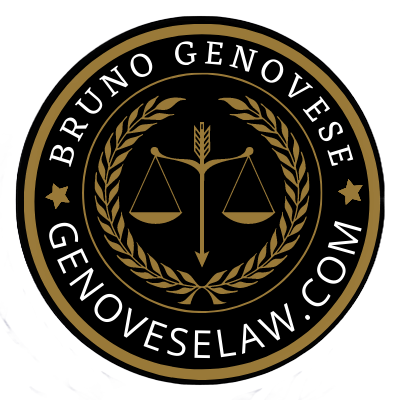For many investors, the French leaseback scheme seemed like the perfect marriage of investment and leisure. Promising a stable rental income, tax benefits, and a slice of idyllic French lifestyle, the scheme captivated buyers from the UK, Ireland, and beyond. But what was marketed as a dream investment has turned sour for thousands, revealing a web of legal, financial, and bureaucratic challenges that many never anticipated.
What Is the French Leaseback Scheme?
The French leaseback scheme was introduced in the 1980s as a way to stimulate tourism and boost regional economies. Investors could purchase newly built properties in tourist areas—such as the French Riviera, the Alps, or Provence—and lease them back to a management company. In return, buyers received:
- A VAT rebate on the property price (20%).
- Guaranteed rental income for a fixed term, often 9 to 12 years.
- The potential to use the property for personal holidays for a few weeks each year.
These benefits, combined with the allure of owning a property in France, proved irresistible to many. However, as the years passed, the scheme’s flaws began to surface, leaving investors grappling with financial and legal nightmares.
The Cracks in the Façade
1. Rental Income Guarantees That Weren’t So Guaranteed
Many investors entered into leaseback agreements under the assurance of stable rental income. However, when management companies faced financial difficulties or went bankrupt, these guarantees evaporated. Investors were left without rental income while still shouldering mortgage payments, maintenance costs, and taxes.
2. Unfair Contractual Terms
Leaseback contracts often heavily favored the management companies. Termination clauses were either vague or punitive, making it almost impossible for investors to extricate themselves. Some owners found themselves trapped in contracts where their property rights were significantly limited, with little recourse to negotiate terms.
3. VAT Reclaim Clawbacks
The VAT rebate, one of the scheme’s primary attractions, came with strings attached. If the property ceased to be used as a rental property under the scheme—for example, if the management company collapsed—owners were required to repay the VAT rebate, even years after the initial purchase. This unforeseen liability blindsided many investors.
4. Maintenance and Renovation Costs
While the management companies were responsible for renting out and maintaining the properties, the costs of larger repairs or renovations often fell to the owners. Over time, these costs spiraled, especially in older properties where upkeep was more extensive than initially anticipated.
5. Falling Property Values
The resale market for leaseback properties proved to be far less buoyant than anticipated. Unlike traditional holiday homes, leaseback properties come with restrictive covenants, making them less attractive to secondary buyers. As a result, many investors found themselves unable to sell their properties or had to accept significant losses.
The Legal and Political Response
The scale of the issues prompted calls for reform and legal redress. In recent years, groups of disgruntled investors have taken legal action against developers, management companies, and even the French state, arguing that the scheme’s risks were downplayed or misrepresented.
In some cases, courts have ruled in favor of investors, recognizing misleading marketing or unfair contractual terms. However, the legal battles are often lengthy, complex, and costly, deterring many from pursuing this route.
The French government has also faced criticism for its role in promoting the scheme without adequate oversight. While there have been some attempts to tighten regulations and provide clearer guidelines, these measures have come too late for many investors.
Lessons Learned
The French leaseback scandal serves as a cautionary tale for international property investors. While the prospect of combining investment with lifestyle perks is appealing, the reality can be fraught with unforeseen challenges. Here are some key takeaways:
- Do Your Homework: Thoroughly research the legal and financial framework of any foreign investment scheme. Understanding local laws and regulations is crucial.
- Seek Independent Advice: Relying solely on developers or sales agents for information can be risky. Consult independent legal and financial advisors familiar with the local market.
- Read the Fine Print: Leaseback contracts are complex and often weighted in favor of management companies. Ensure you understand the implications of every clause.
- Consider Exit Strategies: Before investing, evaluate how easy it will be to sell the property if needed. Restricted markets can severely limit your options.
- Be Wary of Guarantees: Guaranteed income schemes are only as strong as the entities backing them. Assess the financial health and track record of the management company.
The Way Forward
For those already entangled in the French leaseback scheme, navigating a path forward can be daunting. Some have sought to renegotiate contracts, while others have opted to cut their losses and exit the investment. Support groups and legal collectives have also emerged, providing a platform for affected investors to share advice and resources.
The French leaseback scandal underscores the importance of skepticism in the face of too-good-to-be-true investment opportunities. While France remains a dream destination for many, its leaseback schemes have left a bitter taste, proving that even the most enticing vintages can turn to vinegar if left unchecked.





